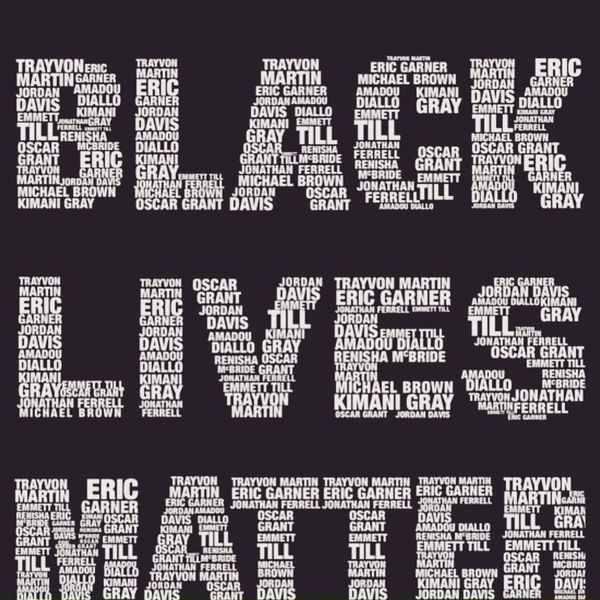It seems as though my heart is heavy every time I turn on the news. In the wake of the recent tragedies in Louisiana, Minnesota and Dallas this past week, our nation has been left in disarray as we try to piece together stories of victims in the midst of chaos and violence. There is an anger in America right now that cannot be quelled with a hashtag. Action must be taken, injustices must be addressed and perpetrators must be reprimanded. The question that no one can seem to answer, though, is: how?
I myself do not have the answer to this question. I do not know how to right the wrongs of the American past stemming all the way back to the 1700s, how to stop the mass incarceration of peoples of color or how to bring justice to the staggering number of American lives taken through senseless gun violence just in this past year.
I do know, however, that the answer does not lie in the avoidance of the deeper, systemic issues that plague our nation. This is where I have trouble understanding the validity behind the #AllLivesMatter movement. I understand that the movement originated as a response to the #BlackLivesMatter movement following the riots in Ferguson, and the goal of the movement was to make sure that all people, regardless of race, ethnicity and sexuality, were offered equal representation in the wake of tragedy. The problem with this is that all Americans are not offered the same opportunities, treatment, and representation in daily life. To say that people of color are not treated differently (and not good differently) than the white majority is a privilege-fueled statement that completely undermines the gross injustices against minority populations throughout American history. Race cannot be viewed through a colorblind scope. Not when our nation was founded upon racially restrictive and supremacist legislation, when less than 250 years ago African Americans were enslaved, and when people of color today are incarcerated at a rate three times the rate of white Americans. To view race through the All Lives Matter paradigm, you are essentially saying “Hey, I understand that you’re all here for a funeral, but it’s my birthday so if you could just not…?”.
Of course I understand that all lives do matter. Every life on this Earth has value and importance, and no other human should be granted the permission to so flippantly take that away from someone else (my opinion). However, at a historical crossroads where we as Americans find ourselves in today, now is not the time for the majority to be playing victim. Yes all lives matter, but at a time where black and brown bodies are viewed as dispensable, our efforts must be focused on the enrichment and re-humanization of those who are not offered equal visibility. All lives matter, although wonderful in concept, is idealistic. In order to begin to mend our broken government infrastructure, we must be realistic. We must offer visibility to the underrepresented and systematically oppressed. We must recognize that there is a tangible privilege associated with being white, and that privilege often makes the difference between life or death. We must end race silencing and avoidance of the gross racial inequalities still present in America today. So no, I do not know how to solve these senseless acts of racial violence; I believe, however, that I know where we can start.





















